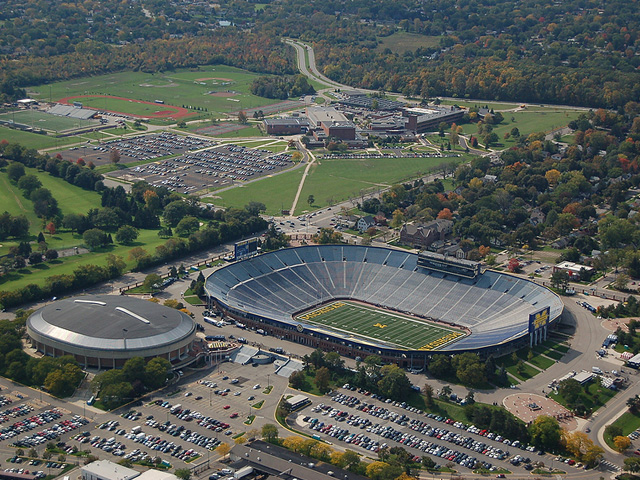Biology is the scientific study of life. Biology examines the structure, function, growth, origin, evolution, and distribution of living things. It classifies and describes organisms, their functions, how species come into existence, and the interactions they have with each other and with the natural environment. Four unifying principles form the foundation of modern biology: cell theory, evolution, genetics and homeostasis.
Most biological sciences are specialized disciplines. Traditionally, they are grouped by the type of organism being studied: botany, the study of plants; zoology, the study of animals; and microbiology, the study of microorganisms. The fields within biology are further divided based on the scale at which organisms are studied and the methods used to study them: biochemistry examines the fundamental chemistry of life; molecular biology studies the complex interactions of systems of biological molecules; cellular biology examines the basic building block of all life, the cell; physiology examines the physical and chemical functions of the tissues and organ systems of an organism; and ecology examines how various organisms interrelate. Applied fields of biology such as medicine and genetic research involve many specialized sub-disciplines.

















